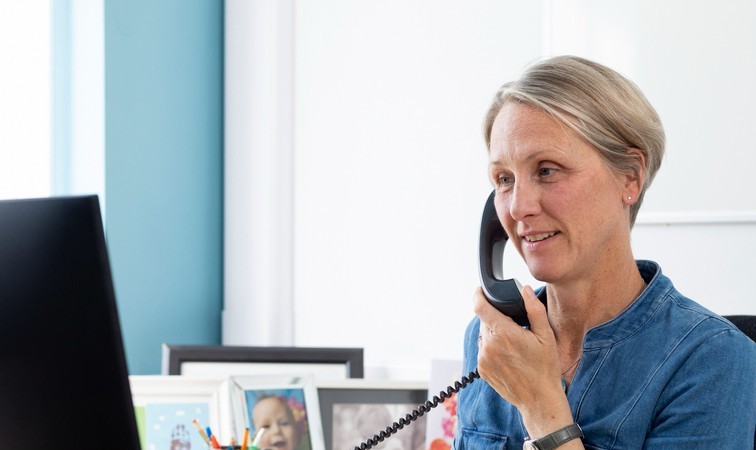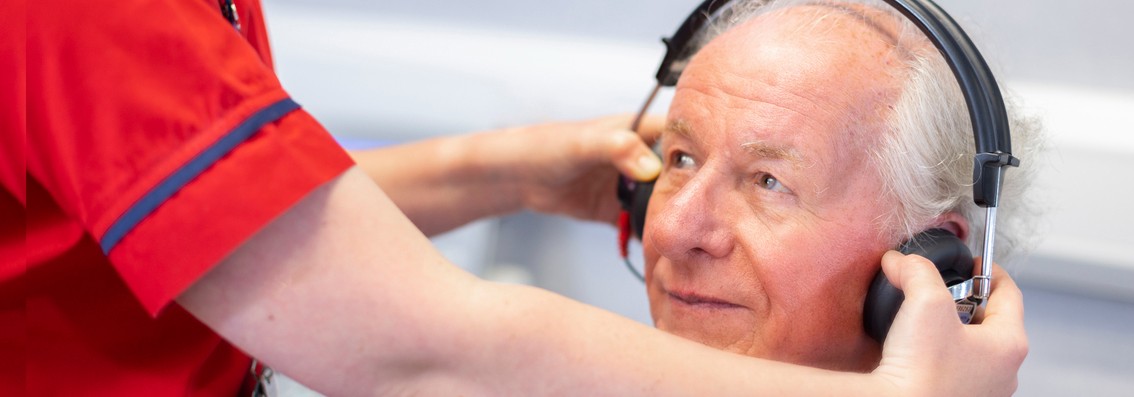Phone consultations are a convenient way for patients to speak with healthcare professionals without needing to attend in person. These consultations are suitable when physical examinations or tests are not required and can help save time, reduce travel, and maintain continuity of care.
We will contact you on your mobile (or land line if mobile is not available) and call you as near to the appointment as possible.
If you're unsure about your phone appointment or need assistance, contact the team that booked your consultation. You can view your letter via our My DrDoctor - Patient Portal.
Accessibility options (e.g. text talk, three-way language interpretation) are available to support your consultation.
Before your appointment
To get the most out of your phone consultation:
- Prepare your questions and concerns: Write down symptoms, when they started, and any questions you want to ask
- Have your medical information ready: Include current medications, recent test results, and any relevant history
- Choose a quiet, private space: Make sure you can speak freely without interruptions
- Mobile number: We will use your mobile number if we hold this information. Make sure your battery is charged, and you have a stable connection.
- Caller ID: Your call will be from an unknown or withheld number.
During the call
- Confirm your identity: You’ll be asked to provide your name and date of birth
- Be open and honest: Share your symptoms clearly and ask for clarification if anything is unclear
- Ask questions: Don’t hesitate to ask about treatment options, next steps, or anything you’re unsure about
- Take notes: You or a companion can jot down key points discussed
- Teaching: Our Trust is a teaching hospital and there may be multi professionals joining the call, you will be informed of this on the day.
After the consultation
- Follow-up instructions: Make sure you understand any next steps, such as blood tests, prescriptions, or follow-up
- Repeat back key points: This helps confirm your understanding and ensures nothing is missed
- Contact your care team: If you have questions after the call, reach out to the department that arranged your appointment.
Who can use telephone consultations?
You may be offered a telephone consultation if:
- You’re receiving ongoing care that doesn’t require physical examination
- You are on a surveillance programme
- You have requested a telephone appointment.





